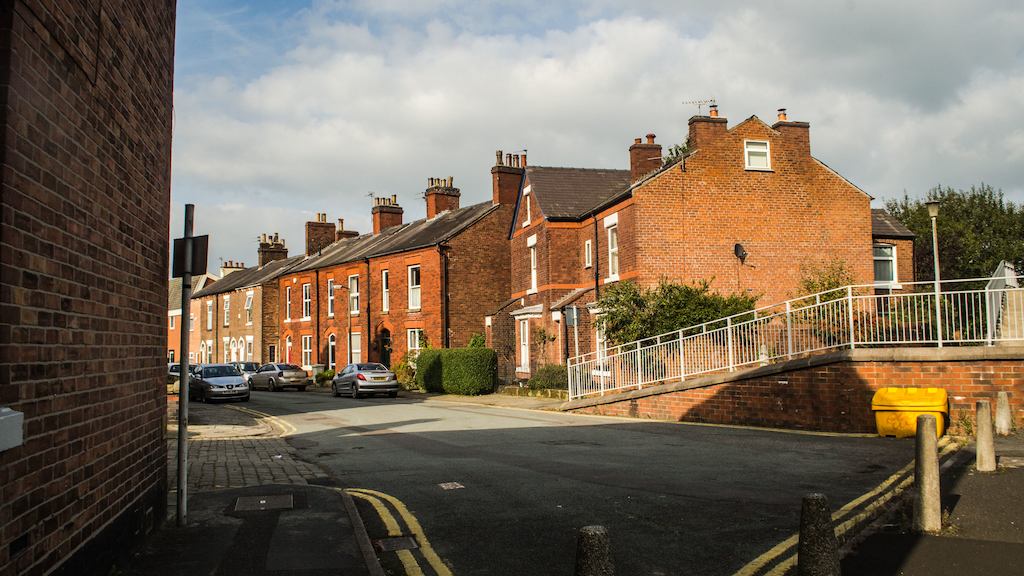For a start, 80% of the homes that we will all be living in by 2050 are already built, so adaptation of the current stock is the really big story in terms of housing and ageing.
Think 'housing for older people' and the image that springs to mind is sheltered housing which proliferated during the 60s, 70s and 80s. Look at most council's housing strategies and (if they mention older people at all) there will nearly always be a comment about building extra care housing.
And yet only 4% of older households are in properties built specifically for older people – 96% of older households are in mainstream homes that anyone might live in. We don't know what the future holds, so building all new homes to be decent, flexible, accessible and good for all ages has to be a priority.
What we should be worried about is the decline of home ownership and shift into private rental amongst younger generations, for a swathe of reasons, not the least of which are tenure insecurity and housing benefit costs as people retire on low pensions.

